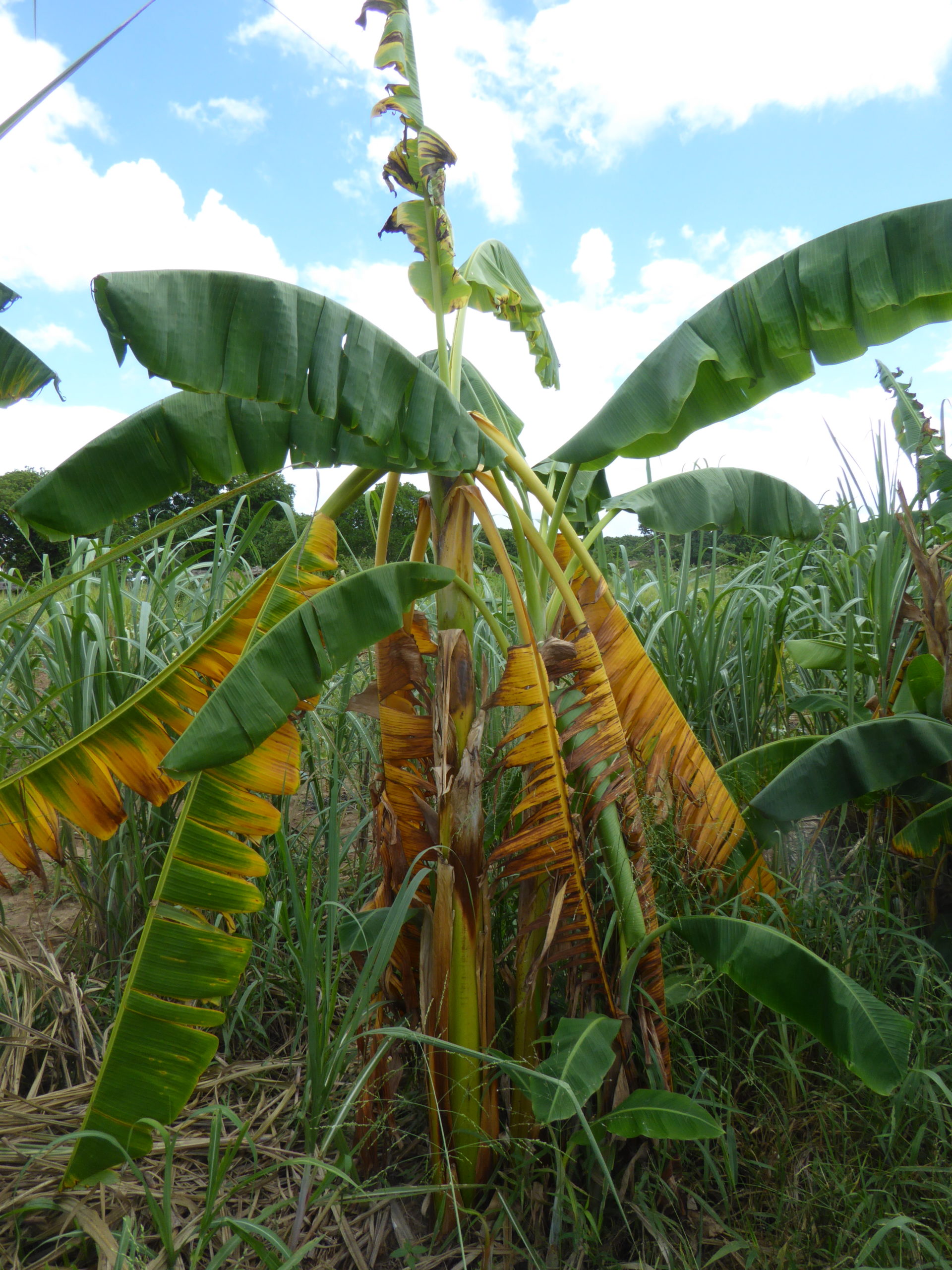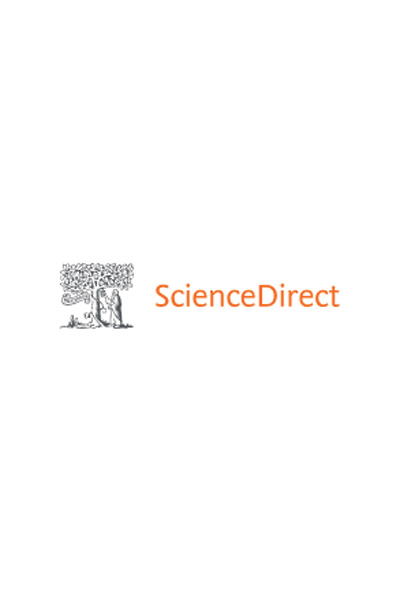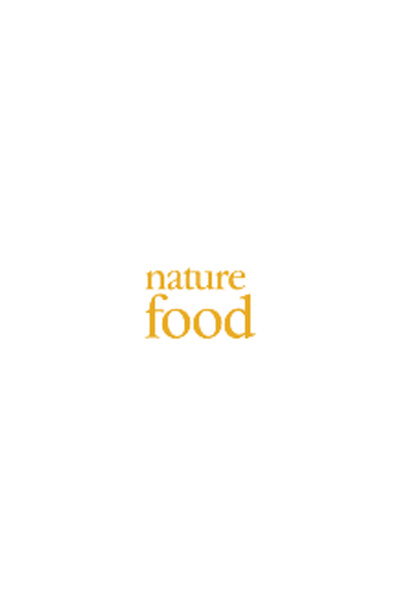Integrated strategies for managing Fusarium wilt of banana, tropical race 4 (TR4)
Purpose
Enhance collaboration among global, regional, national and local agencies to develop strategies for managing Fusarium wilt of banana, tropical race 4 (TR4), integrating plant quarantine, containment and mitigation.
Expected impact
TR4 is currently the biggest threat to bananas worldwide. The recent outbreak in Colombia raised the disease to the pandemic level. The alarming spread of TR4 and other Fusarium wilt of banana (FWB) strains compromise the food and income security of rural communities, causing socioeconomic instability across three continents. The banana crop provides food security, and it generates many jobs with high participation of women and youth. By developing technologies that minimize yield losses, we will contribute to food and nutrition security, poverty reduction, create and maintain jobs and promote gender equity.
Description of the strategies
An Open Data Kit (ODK) tool is now available to map TR4 spread and infected areas. This supports real-time surveillance at the national and regional level as well as early warning systems and better targeting of quarantine activities.
Three main TR4 management strategies are ready for dissemination and use in the field: 1) varieties with disease resistance and consumer acceptance, 2) soil health management practices, and 3) cropping system and agronomic practices.
Cross-site and cross-continent collaborations and learning among research institutes, national and regional plant protection organizations provides a platform to develop and promote effective TR4 management innovations.
Examples of use
A prototype of integrated management strategies based on biosecurity, healthy planting material, biological inputs, soil health-oriented strategies and agrobiodiversity have been tested in pilot sites in Latin America (Costa Rica and Brazil), Africa (Mozambique, Uganda and Tanzania), India and China. In China significant disease reduction was obtained on TR4-infected soils. In Latin America and Africa promising results were obtained with other FWB strains. Varieties with some TR4 resistance have been identified in China and for FWB Race 1 in Latin America. Banana growers are increasingly managing FWB by applying beneficial microorganisms and organic fertilizers in combination with resistant varieties.
Contact persons
George Mahuku: g.mahuku@cgiar.org
Guy Blomme: g.blomme@cgiar.org
Logos of Centers and partners
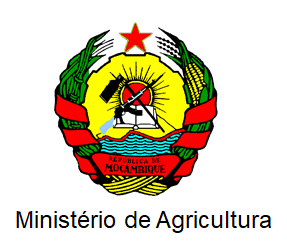 |
 |
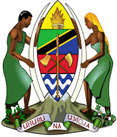 Ministry of Agriculture – Tanzania |
References
Blog: Scientists convene to reveal new research and tools for combatting a deadly banana disease
